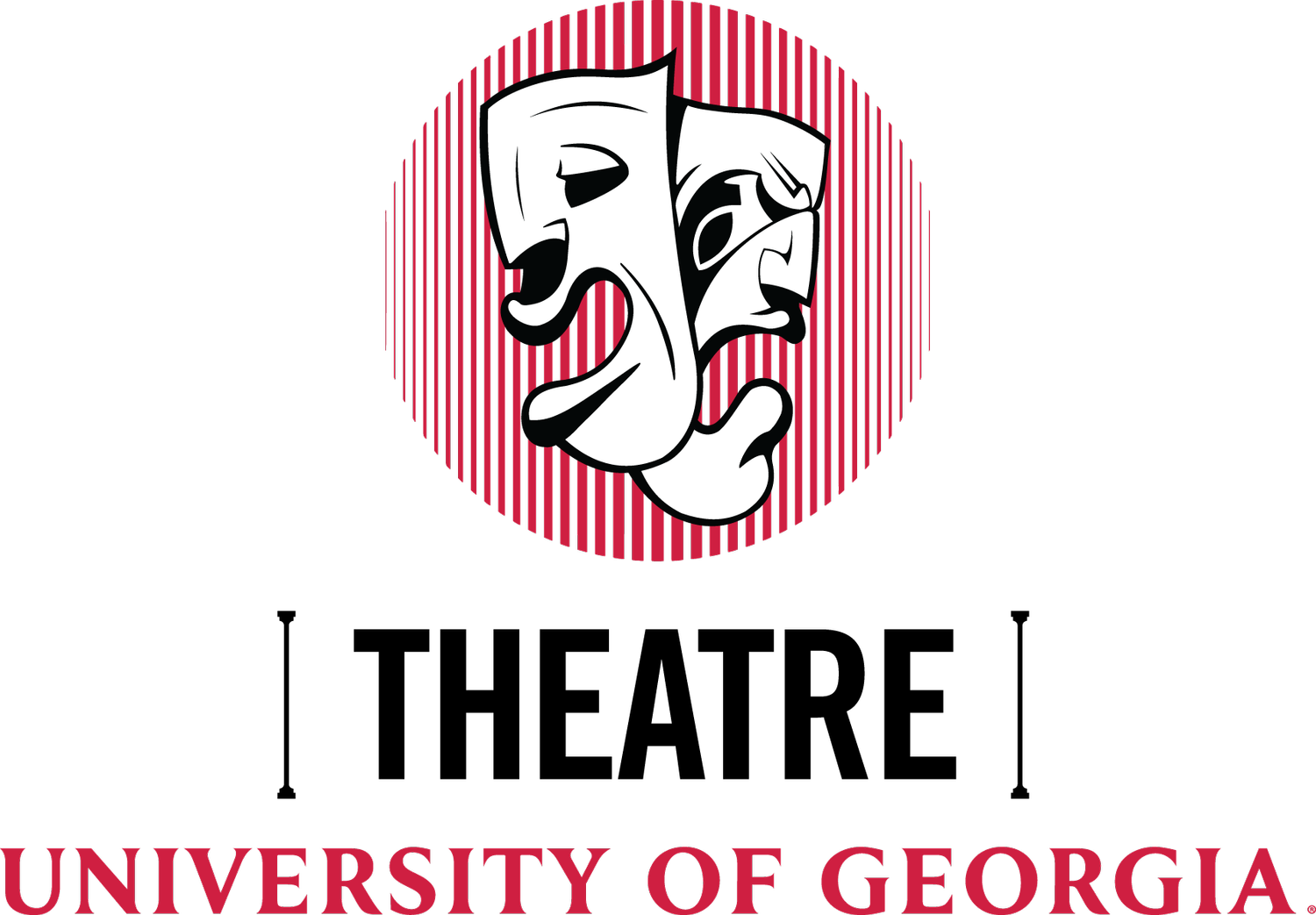Interview: Melanie Sheahan
Interview with Melanie Sheahan
by Lukas Woodyard
Melanie Sheahan is an undergraduate theatre major who is playing the role of Helen Horne in The Last Witch.
Lukas: Who exactly is Helen in the script?
Melanie: Helen is the daughter of Janet Horne, who is kind of the neighborhood eccentric. They live alone. They’re family and they’re not super active in the community either. Helen was born with a couple of deformities so she is a pretty shy, insecure girl.
L: With playing a deformity and playing with a character like Helen, how exactly do you get into the process of developing her?
M: Well basically the script describes that her hands and feet kind of have this clawed appearance to them so kind of starting from the external, it really affects your whole body when you perform that deformity. It pulls your shoulder down, and it just affects your entire physicality which affects your mentality, it affects how she views the world when she speaks to people.
L: Yeah because it’s a very isolated environment. And Melanie Stevens the set designer does a good job showing the isolation of Scotland and that Dornoch area, but Helen doesn’t really have friends or anyone to talk to other than her neighbor Elspeth and her mother.
M: And I mean that’s where the deformity is so interesting to play with because, as an actor, I have to constantly think about it, and Helen constantly thinks about it and is hindered by it. I think it’s definitely symbolic of some bigger insecurities and hindrances that she sees. She has not been given a lot of confidence by her mother to seek friendships and relationships.
L: Even in the beginnings of the script, Helen is actually realizing a guy is interested in her and she brings you down for that. You are how old in the script?
M: I’m seventeen, which is should be married and have kids at this point.
L: Why do you think she wants to keep you? Other than the deformity and that trope where society rejects people, but why is Janet keeping you?
M: She is dependent on me. She’s dependent on this one relationship, this unconditional love. I think Helen, I view her as a caretaker, though she’s the daughter. It’s like having a parent who is struggling with addiction. She is her mother’s keeper, and I think she bears that sense of responsibility along with all the bitterness and frustration that goes with it, but she, to some extent, knows that her mother needs her.
L: Why is this script being done now with the UGA Theatre season? Though it’s a historical script, it’s very contemporary, and there is a reason why we are doing it now.
M: Relationships are universal. I think the social hierarchy that we’re struggling with, the need for status and for stature, especially among women who aren’t readily given it is universal. It’s something we are still grappling with, even in 2017, which is a very different and more accepting time – thank God – but we all still struggle with now these more engrained societal, oppressive forces that ask us not to be strong women, and sometimes it brings out a bitterness. It brings out tactics that aren’t always effective.
L: Any other additional comments?
M: I’m really excited to be working with Anna and Brittney on their thesis roles and they’re killing it!

